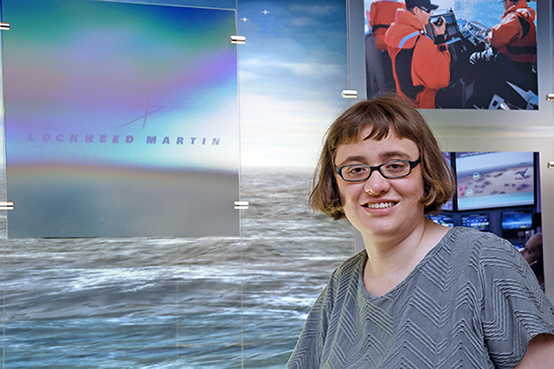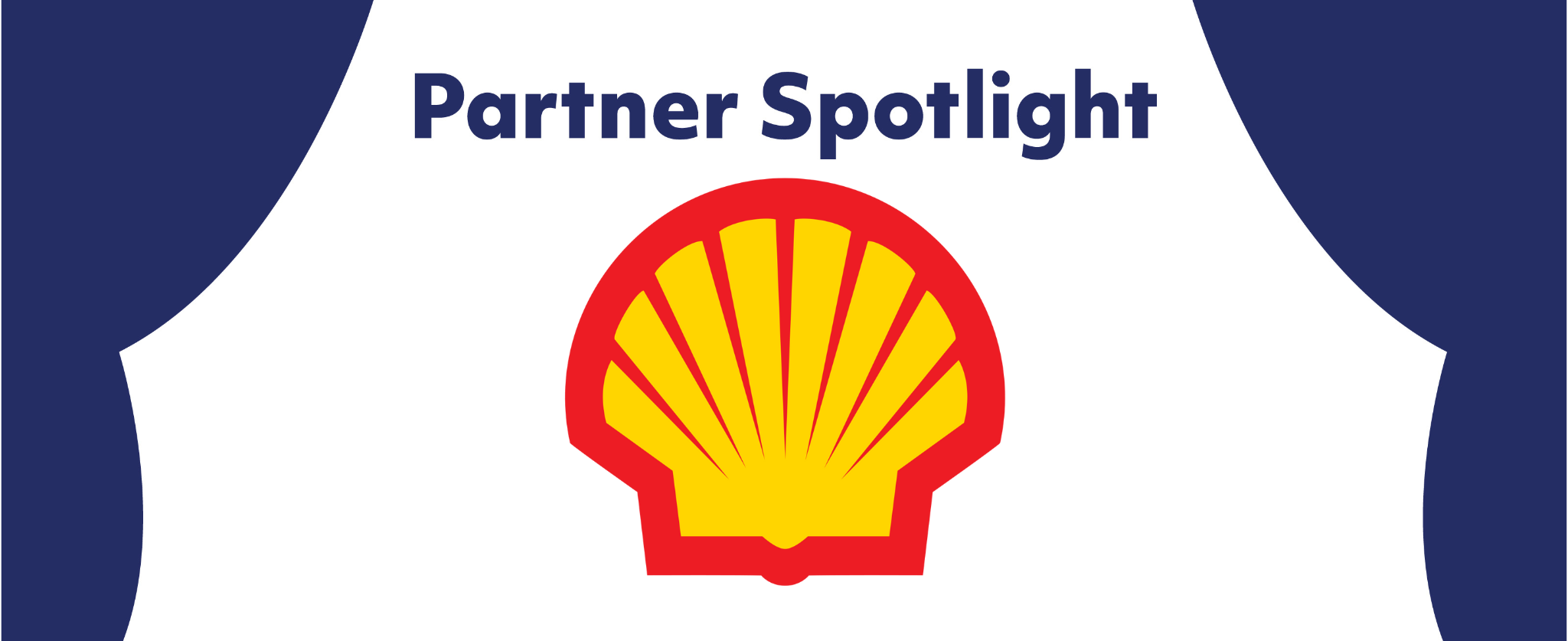Lockheed Martin’s PATH to Neurodiversity
Lockheed Martin believes that diversity of thought is vital to innovation and is committed to bringing different perspectives to creating ground-breaking technologies that enable their customers to fulfill their important missions.
Two years ago, Lockheed Martin’s Rotary and Mission Systems (RMS) began a pilot partnership with Rowan University and its Preparation and Achievement in the Transition to Hire (PATH) program in New Jersey. PATH seeks to combat the under-employment and unemployment rate of students and alumni on the autism spectrum.
PATH participants receive individualized career coaching and are placed in internships that match their area of study. They work closely with Lockheed Martin mentors, along with their PATH advisors – who also provide training to the Lockheed Martin team about neurodiversity.
“Most neurodiversity hiring initiatives are not focused on internships,” said Chiara Latimer, Rowan’s PATH Career Coordinator. “Lockheed Martin is providing opportunities for neurodivergent college students to gain professional experience and learn about their field of interest before graduation.”
Latimer reports a 100 percent full-time employment rate for Lockheed Martin’s PATH interns within six months of graduation. “The program is also empowering PATH students to share their needs for the workplace and realize that there are organizations that want to support their employees,” she said.
The RMS pilot has grown each year, starting with three interns in 2020 and with nine on tap for 2022. Four now have full time jobs with Lockheed Martin, including Emily Griscom, a 2021 computer science graduate.
She interned as a software engineer and was offered a full-time position. Though she was nervous at first, Emily said her colleagues were easy to work with and willing to lend a helping hand. What she likes most, she said, is seeing the team’s work come to life.
“It isn’t just some college assignment that will be thrown out once the semester is over,” she said. “I feel like I am leaving some sort of mark on the world, even if it is small.”
John McGonagle, Director of Flight Operations at Sikorsky, a Lockheed Martin Company, is a disability advocate who chairs Lockheed Martin’s Able and Allies Business Resource Group. He’s been involved with Disability:IN for a number of years and has seen the benefit of neurodiversity in innovation.
“To be innovative, you need to think outside the box,” he said. “So who better to help do that than people whose brains already work outside the box?”
Leo Faneuf, Manager of College Talent Acquisition and Diversity Engagement for RMS, is hands on with the program and committed to helping Lockheed Martin become more neurodiverse. “As someone whose son is on the spectrum, I am fully invested and passionate about this program.”
Visit Lockheed Martin’s website to learn more about our career opportunities.




